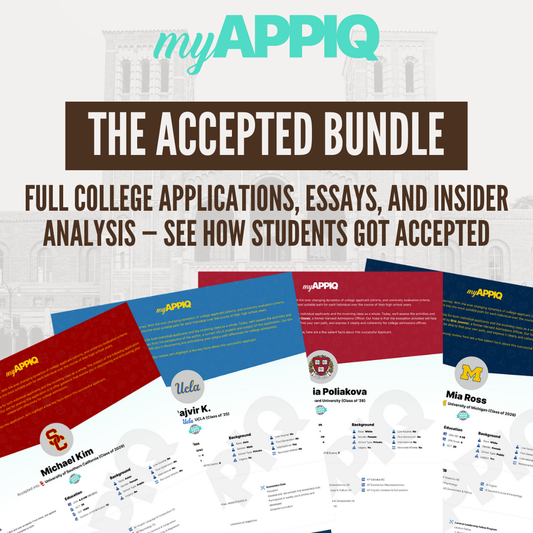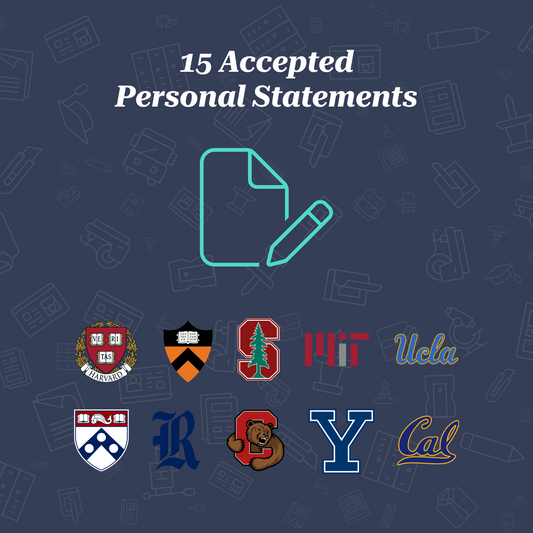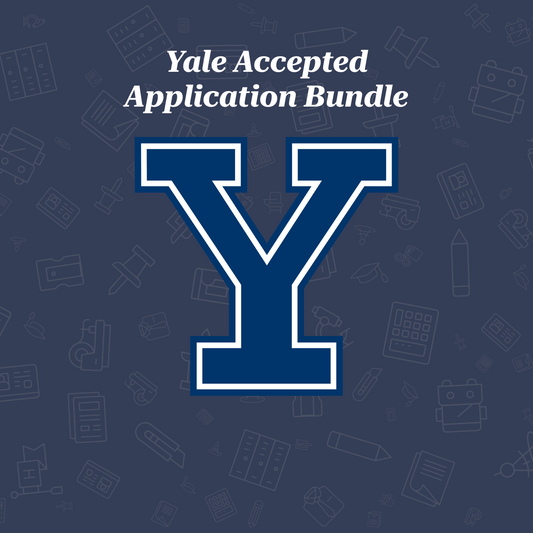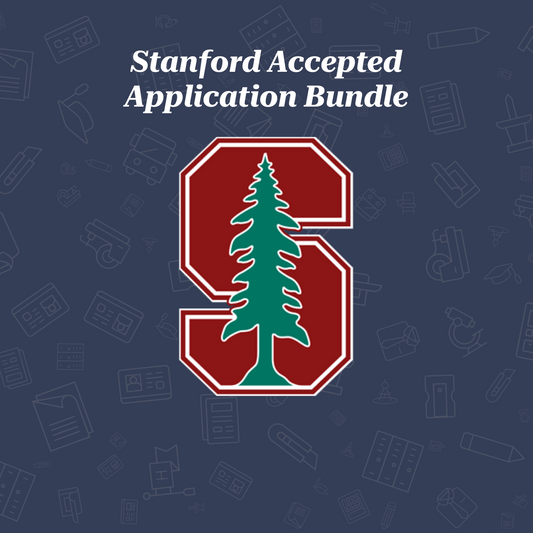The Art of the Personal Statement: Your Key to College Admissions Success
In the competitive landscape of college admissions, your personal statement serves as a crucial differentiator. While grades and test scores create the foundation of your application, it's your personal statement that breathes life into these numbers, transforming you from a statistic into a three-dimensional candidate with unique experiences, perspectives, and potential.
Why Your Personal Statement Matters
The personal statement is often the only opportunity for admissions officers to hear your authentic voice. It's where you can showcase qualities that don't appear elsewhere in your application—resilience, creativity, intellectual curiosity, or how you've grown from challenges. For selective institutions where thousands of applicants boast impressive academic credentials, your personal statement can be the deciding factor that earns you a spot in the incoming class.
After reviewing a collection of successful personal statements from students admitted to top universities including Harvard, Yale, Stanford, and MIT, clear patterns emerge in what makes an effective essay. Here are five powerful strategies employed by these successful applicants:
5 Winning Strategies from Successful Personal Statements
1. Transform Ordinary Experiences into Extraordinary Insights
The most memorable essays don't necessarily feature dramatic life events. Instead, they extract profound meaning from everyday experiences. Ninjin B. earned admission to Stanford by exploring her relationship with her bedroom as a metaphor for personal growth. Arnav S. secured a spot at Cornell by using his evolving relationship with Indian spices to illustrate his journey of cultural identity and personal development. These essays demonstrate that it's not about having the most impressive experiences—it's about demonstrating thoughtfulness, self-awareness, and the ability to find meaning in the everyday.
Don’t Guess, Learn! Personal Statements That Worked
2. Develop a Distinctive Voice and Structure
Successful applicants distinguish themselves through unique writing styles and organizational approaches. Amber L., admitted to MIT, structured her essay as a mathematical proof to showcase her analytical thinking. Python C. used the anatomy of a pencil as an extended metaphor throughout his Yale essay, demonstrating creativity and literary skill.
These structural choices weren't mere gimmicks—they authentically reflected the students' personalities and intellectual approaches, making their essays instantly memorable.
Don’t Guess, Learn! Personal Statements That Worked
3. Reveal Vulnerability and Growth
Many successful essays share moments of challenge, failure, or uncertainty—not as sob stories, but as launching points for demonstrating resilience and growth. Jennifer S., admitted to Princeton, described how her diagnosis with Vocal Cord Dysfunction altered her athletic ambitions but ultimately led to a more meaningful relationship with sports and self-acceptance.
By showing vulnerability and subsequent growth, these applicants demonstrated emotional maturity and the ability to thrive despite obstacles—qualities highly valued in college communities.
Don’t Guess, Learn! Personal Statements That Worked
4. Connect Personal Experiences to Broader Values
The strongest essays transcend individual anecdotes to reveal core values and how they've shaped the applicant's worldview. Makda A., admitted to Penn, used her experience at a debate camp to explore themes of cultural identity, belonging, and bridge-building between diverse communities.
This approach demonstrates that the applicant isn't just sharing experiences, but has reflected deeply on what these experiences mean and how they've shaped their perspective.
Don’t Guess, Learn! Personal Statements That Worked
5. Create a Cohesive Narrative with Vivid Details
Successful essays weave specific, sensory details into a coherent narrative that engages the reader from beginning to end.Chloe S., admitted to Yale, used evocative descriptions of songwriting, performance, and community impact to illustrate her passion for music and leadership.
These vivid details make essays memorable and authentic, allowing admissions officers to connect with the applicant's experiences and see their potential contributions to campus life.
Don’t Guess, Learn! Personal Statements That Worked
The Path Forward
As you craft your own personal statement, remember that these successful essays weren't formulaic. Each reflected the unique voice and perspective of its author. The common thread was authenticity—each student found a way to genuinely convey who they are, what matters to them, and how they've grown.
Your personal statement shouldn't try to be what you think admissions officers want to read. Instead, focus on revealing your authentic self through thoughtful reflection on your experiences and values. Use specific details to bring your story to life, and show—don't just tell—how you've grown and what you'll bring to a college community.
Remember that the best personal statements leave admissions officers feeling like they've met someone they'd want to have a conversation with—someone who would enrich their campus community through their unique perspective, experiences, and potential.









